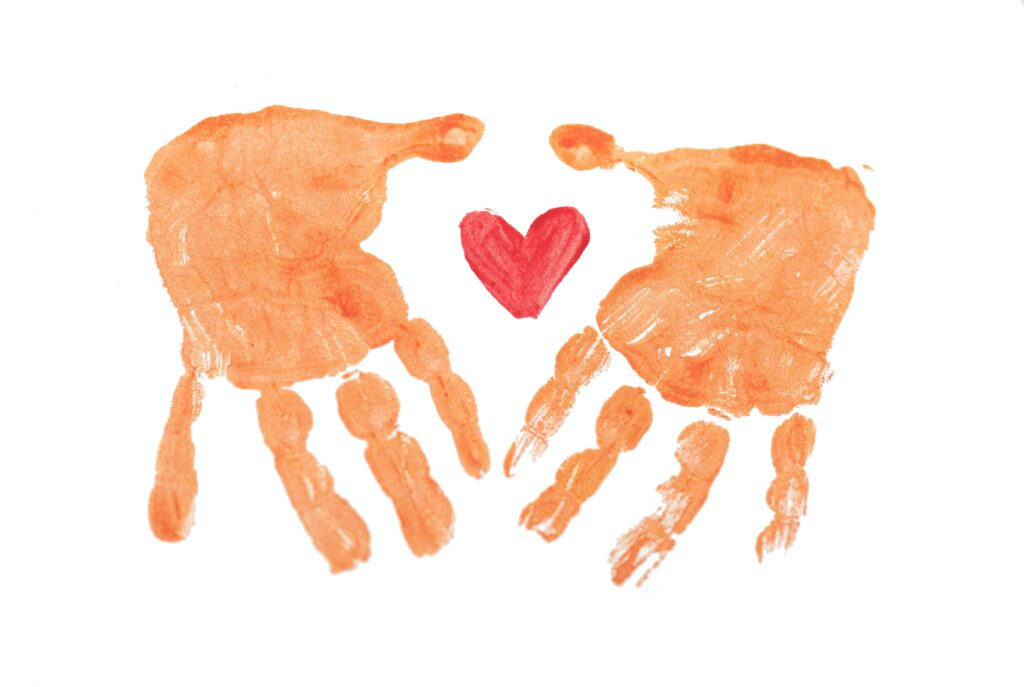The number of adolescent and young adult survivors of pediatric cancer is progressively increasing as a consequence of improving overall survival rates. These patients may have health problems related to their oncological disease and the treatment received that limit both their quality of life and their longevity.
This program includes the development of tools to identify long-term complications. In the same way, early diagnosis processes and their specific treatment are fixed and established. Added to the above is a set of actions aimed at disseminating, raising awareness and educating about childhood cancer and its long-term consequences.
One of the objectives of this program is to include and encourage the participation of cancer survivors in their own follow-up care, offering the necessary support and resources to establish healthy lifestyle habits and behaviours that improve their quality of life.










Comments
Thank you. Comment sent for approval.
Something is wrong, try again later